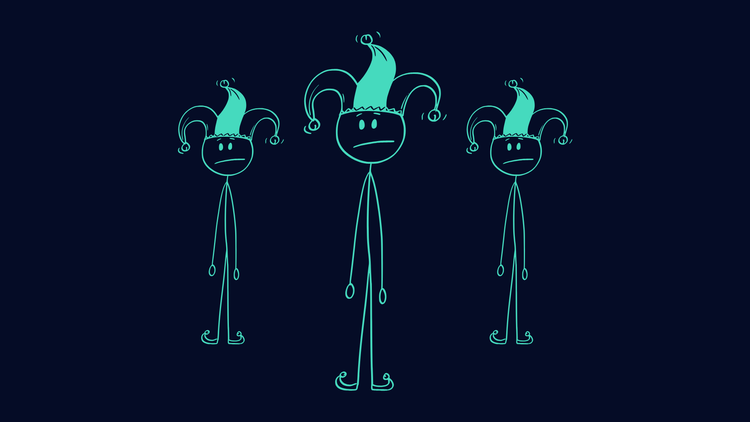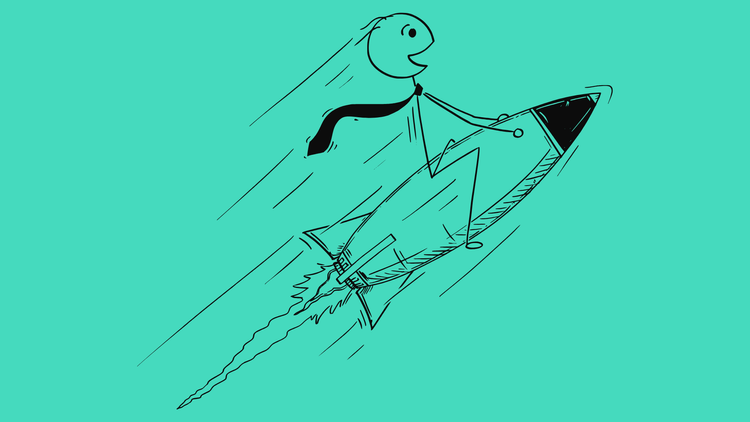How To Pick A Co-Founder
Willy wants to start a startup. His most important decision, by far, is picking the right co-founder.
But how should he do it?
Business school taught Willy how to use Excel and the theory behind corporate strategy, but it didn't teach him how to pick a co-founder.
The process of finding a co-founder is an intense experience for everyone involved. Willy is not looking for a colleague; he's choosing a spouse, a therapist, a sibling, a teammate, and a battle buddy.
Like most human things, this selection is more art than science, but Willy should consider three principles that won't make it into business textbooks: skills to pay the bills; no flakes; and stars attract stars.
Skills To Pay The Bills
The co-founder process naturally starts with friends — the types of people with whom Willy spends time, discusses ideas, and works on projects.
These people are essential guideposts on his journey, but should they be his co-founder?
Probably not.
Startups are chaotic. They can easily fracture a friendship, and as vital to the business, friends tend to have similar strengths and weaknesses. Willy should be mindful of his own selection biases.
In the startup world, co-founders get labeled as the tech person or the business person. Every MBA wants to find "a coder" to build the next great thing.
Rather than broad categories like business and tech, Willy should start with the most basic question: will the company be an operations company? A technology company? A financial company? A lifestyle company?
Each category will need different skills.
Rather than commit too early, Willy should "date" possible co-founders. Co-founder dating is a low-risk way to test, develop, and assess the durability of the company’s most important relationship.
No Flakes
Company building is a deeply human experience.
There are high highs and low lows, often one after the other, and excruciating levels of uncertainty.
Willy is signing up for a life of high stress, restless sleep, and enormous pressure.
There's simply no way to make it through – in health and sanity – if Willy and his co-founder are incompatible. They need to have a durable, trusting, and completely aligned relationship because, in this pressure cooker, small misalignments have enormous unintended consequences.
An obvious but essential point: it really helps if Willy likes and respects his co-founder.
Stars Attract Stars
Some people are stars. They simply shine.
With startups, the star is rarely glamorous. We're not talking about walking the red carpet.
Instead, a star has an almost superhuman ability to attract other stars. As the great John Whitehead once said:
"Important people like to deal with other important people. Are you one?"
In a savagely competitive world, the difference between great people and very good people is much, much larger than the difference between very good and good.
Willy wants to find a great co-founder because greatness compounds. It is a clear, unmistakable signal to the world – we will win – of potential investors, employees, and partners.
My career has taught me that "the who" is more important than "the what."
Getting it right is worth the investment.





